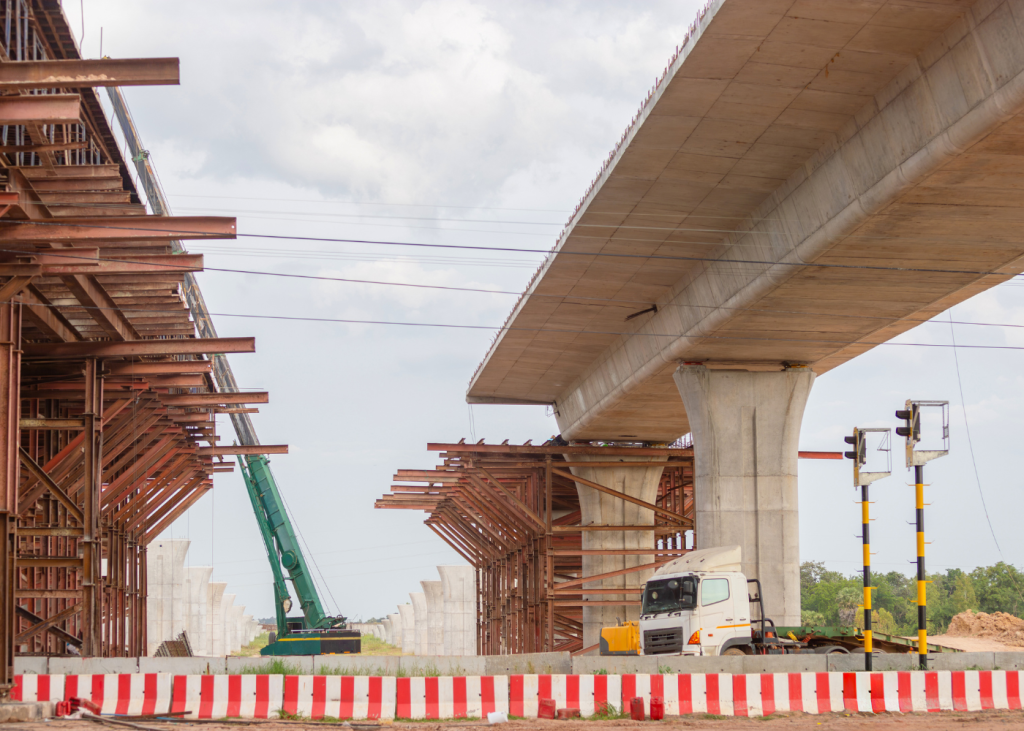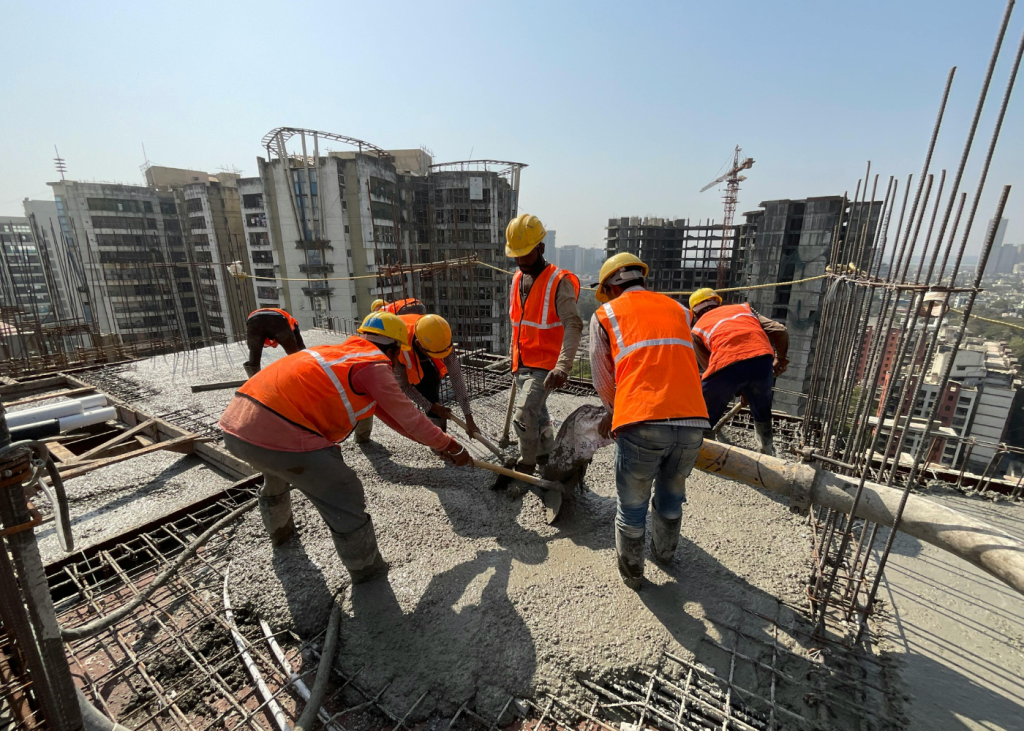Some unanticipated global factors were a catalyst for digital transformation initiatives a few years back. Businesses of all sizes were forced to invest in new technologies to adapt to this new reality. These investments were not temporary but an answer to economic uncertainty and changing customer demands for greater efficiency, productivity, and resilience.
The case is no different for the construction sector. It can be difficult for construction firms to keep up with rapidly changing technologies. It's crucial that construction business owners understand the trends in digital transformation as they evolve because it is a critical component of such a company's success.
As customer needs change, the technology that was crucial yesterday may not be as effective tomorrow. Construction companies must be confident in their ability to adapt to the constantly changing digital landscape in order to stay ahead of the curve in digital technology advancement.
What technologies are changing the construction industry? We have come up with the top digital transformation solutions that almost every modern construction business is adopting to stay competitive.
Automation-driven efficiency and no-code
Automation will become more popular in 2023, even though many businesses have already implemented business process automation as a result of digital transformation trends. This is to enable corporate leaders to achieve better results with fewer resources. This will help them to drive efficient growth, improve productivity, and generate cost savings.
Mobile apps to worksite access
Construction industry mobile applications allow for worksite access like no other. This includes real-time inspections and on-site accountability. Also, accurate measurements can be taken with a mobile camera. Mobile apps also offer day-to-day reporting of work progress from remote locations. One of the leading EPC organizations has implemented mobile project portfolio management solutions to track QHSE Index Score and other KPIs over the period across the project portfolio. While working on-site, it can be difficult to collaborate physically between colleagues, mobile apps for worksite access have grown in popularity. For instance, Microsoft O365 offers great collaboration tools like Teams, Outlook, and SharePoint for virtual meetings for project management.
Using technology to advance sustainability
Sustainability is becoming a more prominent part of the construction industry. Because of the fixed nature and high energy costs of embodied CO2, as well as limited resources, sustainability is essential. Autodesk reports74% of AEC firms invest in technology to improve their sustainability.
According to the report, globally, around $4.5 billion was invested in green construction technology in the last five years. Only $2.2 billion was invested in 2022.
Construction management software can be leveraged to support sustainability. For instance Power BI dashboards and reports can be used to analyze the levels of gases and filter the data as per the requirements. Effective use of such tools arms construction companies with valuable information about resource usage.
Augmented reality and virtual reality
Virtual and augmented reality are two of the latest construction technologies. They provide visualizations. AR/VR technology was also demonstrated in numerous remote site inspections. It allows for safety, collaboration, and communication between AEC personnel. Mixed Reality technology such as Microsoft HoloLens enables construction professionals to holograms of their construction projects in their physical environment and provides a new way to execute their work.
Construction project management
Construction project management can be difficult for large capital projects. They are often late, over budget, and poorly executed.
The following are the most common problems facing the construction industry:
- Repetitive reporting
- Multiple data systems
- Data that is not prioritized or organized
- Reporting is largely paper-based
- Inadequate system connectivity
It is difficult for construction managers to gain deep insight across their portfolios, which can reduce on-time and on-budget performance.
Microsoft Project is the leading construction project management software. Microsoft Project is a platform that allows you to plan, manage and control construction projects at any level. It's a communication tool that gives project managers a roadmap for project execution. It helps to manage deadlines and reduce cost overruns.
Government organizations are increasingly requesting MS Projects as part of the bidding process. Subcontractors too are required to submit such schedules.
Construction analytics
Large capital projects have high failure rates, according to observations. Construction business intelligence tools can be used to reduce risk and plan for success.
Analytics in construction is becoming a popular choice for large capital project owners. Advaiya's comprehensive construction analytics solutions help organizations combat low-performing trends. It asks the right questions of the "right people" at the "right time" to obtain meaningful insights that can be used to help clients manage and improve performance.
A dashboard with real-time key performance indicators at project, portfolio, and program levels is created by the predictive analytics solution. Construction analytics software compares real-time insights to determine performance thresholds. This allows for the analysis of trends over time and transforms information into insight. This improves decision-making and project delivery.
Field service automation
Construction companies need to ensure that worker productivity and equipment quality are maintained at the highest level. Every construction company must manage its workers and fleet remotely because a large portion of services is performed in the field. Field service managers have lots of work to do. It should not be difficult for them to ensure that workers in the field are providing their best effort on every project. field services solutions that are reliable can be used to help construction companies reduce costs and improve customer satisfaction.
Enterprise organizations can use field service automation to automate and improve their field operations, while still remaining competitive in the marketplace. It streamlines and automates all processes including dispatching, routing, and routing as well as inventory and work order management which is necessary to provide field service. This can help reduce the company's workforce's workload, and increase its accuracy and productivity.
Last words:
AECO (Architecture, Engineering, and construction owner) will continue to invest in technology to digitize their workflows and improve them in the future. This will be an investment in digital transformation for some companies -- moving from excels to pixels. Others will make an additional investment to improve their digital project and portfolio management, design processes, and field operations and obtain critical insights that can be used to make informed decisions.
If you are looking for digital transformation solutions for your construction business. Consult with our experts, we will help you in advancing construction analytics solutions that cater to all your business requirements.



